




Infinix HOT 60 Pro+ (Coral Tides)
Infinix Nigeria today unveiled its latest HOT 60 Series lineup, including the HOT 60 Pro+, HOT 60 Pro, and HOT 60i. Leading the series, the Infinix HOT 60 Pro+ redefines slim smartphone design with a groundbreaking 5.95mm ultra-slim body, setting a new global benchmark as the world’s slimmest 3D-curved screen phone.
The HOT 60 Pro+ goes beyond ultra-slim aesthetics, delivering comprehensive upgrades in functionality, performance, thermal efficiency, and durability. As the latest achievement of Infinix’s continuous innovation, the HOT Series represents a next-generation tech-fashion icon designed to meet the needs of young consumers worldwide.
Measuring just 5.95mm, the HOT 60 Pro+ redefines global standards for 3D-curved screen smartphones. Infinix’s proprietary ultra-slim engineering overcomes conventional structural and battery limitations. Compared to the previous generation, thickness is reduced by 12.5% and weight by 4.3%, while integrating a higher-capacity fast-charging battery—all within a lightweight 155g body.
A Maximized Structured Space Design, achieved through a distributed flat architecture, enhances internal efficiency and supports precision structural engineering. Ten critical components — including the SIM tray, speakers, and Type-C port, are custom-engineered to maintain full functionality without compromising the device’s ultra-slim profile.
The battery cover features one of the industry’s first ultra-thin NanoFiber Backshields, enhanced by Infinix’s pioneering OMR (Out-Mold Decoration) process. This advanced multi-layer structure reduces thickness by 20% compared to conventional 0.45mm solutions, while offering superior hardness and exceptional flex resistance.
Durability is further strengthened by an Aerospace-Grade Aluminum mid-frame with reinforced structural corners. The 3D-curved display is protected by ultra-thin Corning® Gorilla® Glass 7i, offering improved scratch resistance and drop protection.
These innovations deliver 1.4 times better bend resistance than the previous generation. The HOT 60 Pro+ has successfully passed Infinix’s most rigorous 1.5-meter directional drop tests, achieving an unprecedented balance of slimness, strength, and reliability.
Color-Pop Design with Refined Attention to Detail
Rooted in self-expression, the HOT 60 Series introduces over 10 dynamic color options inspired by nature’s vibrant tones. The hero color, Coral Tides, features a striking red-blue gradient, evoking the iconic contrast of Komodo Island’s blue waves against pink shores.
The Scent Weave Leather Special Edition features four variants blending premium textures with infused fragrance, offering a surprising, multisensory experience for style-focused young users.
Building on the HOT Series’ signature sugar-cube inspired camera design, the HOT 60 Pro+ introduces a floating camera module that visually separates from the back panel, creating a refined, three-dimensional effect. Seamlessly integrated Active Halo Lighting adds minimalist, futuristic flair.
The HOT 60 Pro and HOT 60 5G further elevate design precision with metallic accent rings and bold contrasting trims, reflecting the vibrant One-Tap AI buttons for a cohesive visual experience.
Infinix’s attention to detail extends to the device’s overall form. The HOT 60 Series adopts smooth R-curved corner design precisely matched to the camera arc, creating a more harmonious silhouette and enhanced in-hand comfort. These refinements reimagine the HOT design DNA with bold aesthetics and youthful vitality.
5160mAh High-Capacity Battery with 45W FastCharge
The HOT 60 Series introduces a next-generation 5160mAh ultra-thin, high-capacity battery using advanced non-silicon doping technology. With a record energy density of 810Wh/L, battery capacity increases by 1.08 times compared to previous models while maintaining an ultra-thin profile.
Battery lifespan extends by 20%, retaining over 80% health after 1800 charging cycles to ensure reliable daily use for years to come. All three models support 45W super-fast charging. The HOT 60 Pro+ charges from 1% to 50% in 23 minutes under Hyper Mode[1] and achieves a full charge in 55 minutes, representing a 12.7% speed improvement over the previous generation.
Intelligent power management optimizes energy consumption for social media, video streaming, and gaming. Brightness adjustments alone save approximately 50mAh per hour, which can extend usage by up to 15 minutes on TikTok, or 15 minutes of Free Fire gaming, or up to 40 minutes of messaging, depending on the activity.
Hardware and software integration delivers exceptional all-around performance, overcoming typical trade-offs between slimness and battery life.
Slim Yet Powerful: Comprehensive Performance Upgrades
Despite its ultra-slim profile, the HOT 60 Pro+ delivers significant upgrades in imaging, performance, and thermal management.
The rear camera features a 50MP SONY IMX882 ultra-sensitive sensor, delivering exceptional clarity and significantly improved low-light performance. Infinix’s latest AI RAW image processing enhances detail, color accuracy, and night photography. Full-pixel autofocus and 2X lossless zoom provide professional-grade shooting versatility.
The Infinix HOT 60 Pro+ and HOT 60 Pro are the first to debut the MediaTek Helio G200 chipset, combining MediaTek’s advanced technology with exclusive Infinix optimizations to ensure high-speed, smooth, and long-lasting performance.
HOT 60 Pro+ also features Infinix’s most advanced cooling system to date, with 11 layers of thermal materials and a further 220mm² increase in industry-leading ultra-conductive crystal graphite.
This powerful design improves heat dissipation by 8% and reduces chipset temperatures by up to 5°C, making HOT 60 Pro+ not only the thinnest in the HOT Series but also the most capable in thermal performance.
The device features ultra-slim 0.88mm bottom bezels for immersive visuals. The AMOLED display supports a 144Hz refresh rate, 1.5K physical resolution, in-display fingerprint unlock, and peak brightness of 4500 nits for clarity even under direct sunlight.
AI Eye Comfort includes both Gaming Eye Comfort to reduce eye strain during gameplay and Sleep Aid Mode to ease visual fatigue in daily use, helping provide a more comfortable and healthier viewing experience throughout the day.
Smarter AI Designed for Young Users, with Refreshed XOS System
All HOT 60 Series models feature Folax—Infinix’s intelligent cross-app AI assistant—accessible via a dedicated AI key for smart, seamless interactions.
Exclusive AI features include AI Vogue Portraits for the HOT 60 Pro+, HOT 60 Pro, and HOT 60 5G, combining user photos with dynamic visual effects across lock screens and always-on displays. AI Image Extender and upgraded AI Eraser tools offer high-quality, effortless editing.
The latest XOS 15.1.1 system delivers a refreshed user interface, including updated icons, wallpapers, and always-on displays designed for youthful, trend-conscious users.
System-wide optimizations enhance interaction fluidity and long-term device performance. The HOT 60 Pro+, HOT 60 Pro, and HOT 60 5G are certified by TÜV SÜD for 60 months of sustained fluency.
Effortless NFC Touch Transfer with UltraLink Free Call: Expanding Everyday Possibilities
The HOT 60 Series supports effortless file transfers via NFC, enabling seamless cross-device collaboration. With NFC Touch Transfer[2], users can instantly share content with a simple tap, significantly enhancing the speed and convenience of data sharing between compatible devices.
The HOT 60 Pro+ introduces UltraLink Free Call, allowing two-way calling and messaging over bluetooth at distances of up to 1.5km in open environments. Ideal for outdoor adventures, fieldwork, or emergencies, it ensures reliable communication even without conventional network coverage.
All models in the HOT 60 Series are rated IP64 for dust and water resistance, while the HOT 60 Pro+ achieves an enhanced IP65 rating for superior protection. The HOT 60 Pro+ also features JBL-certified dual stereo speakers, delivering rich, immersive audio with precise tuning across bass, mid, and treble frequencies for an exceptional listening experience.
Pricing and Availability
Through relentless technical breakthroughs, the HOT 60 Pro+ achieves the perfect balance of ultra-slim design, powerful functionality, and elevated aesthetics—once again reflecting Infinix’s solid foundation of technological strength and its brand vision of bold, cutting-edge innovation.
The HOT 60 Pro+, an ultra-slim 3D-curved screen smartphone that exceeds expectations, is now available in authorized retail stores across Nigeria. Pricing starts from N143,900 for the HOT 60i (128+4GB), N229,300 for the HOT 60 Pro(128+8GB), and N269,600 for the HOT 60 Pro+ (128+8GB).
Media Contacts:
Infinix Global PR – Global.PR@infinixmobility.com
About Infinix
Established in 2013, Infinix is an innovation-driven brand dedicated to delivering cutting-edge technology, bold design, and outstanding performance. The brand provides smart, enjoyable mobile experiences that enhance everyday life. Beyond smartphones, Infinix has expanded its portfolio to include TWS earbuds, smartwatches, laptops, tablets, smart TVs, and more—building a comprehensive ecosystem of smart devices. Currently, Infinix products are available in over 70 countries and regions worldwide, including Africa, Latin America, the Middle East, South Asia, and Southeast Asia.
Source : Channels TV






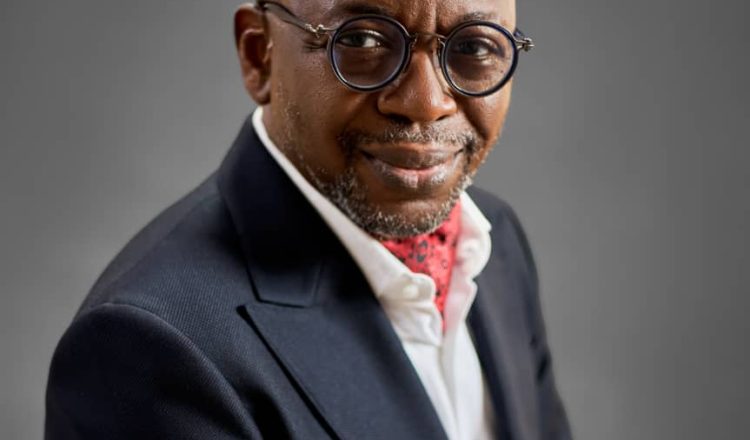
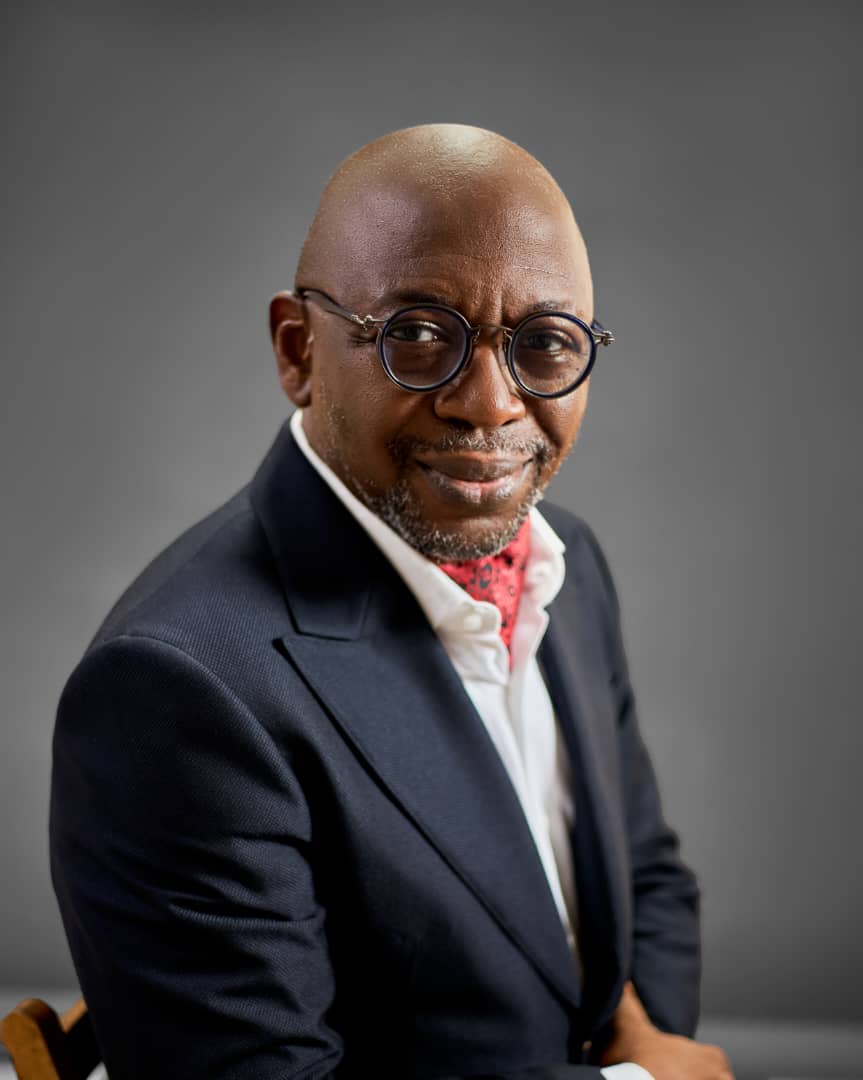
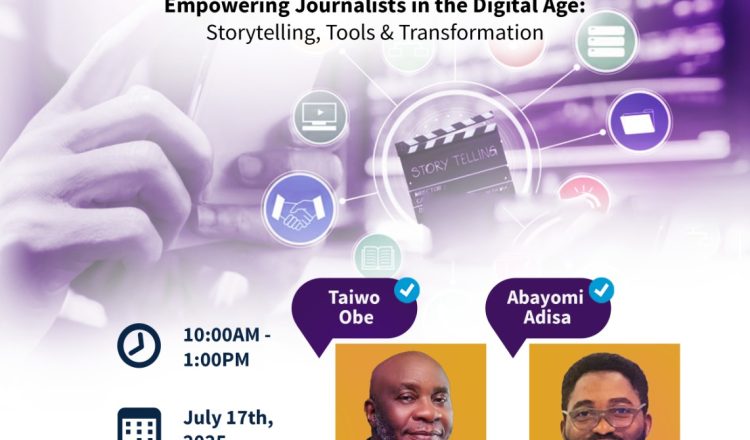
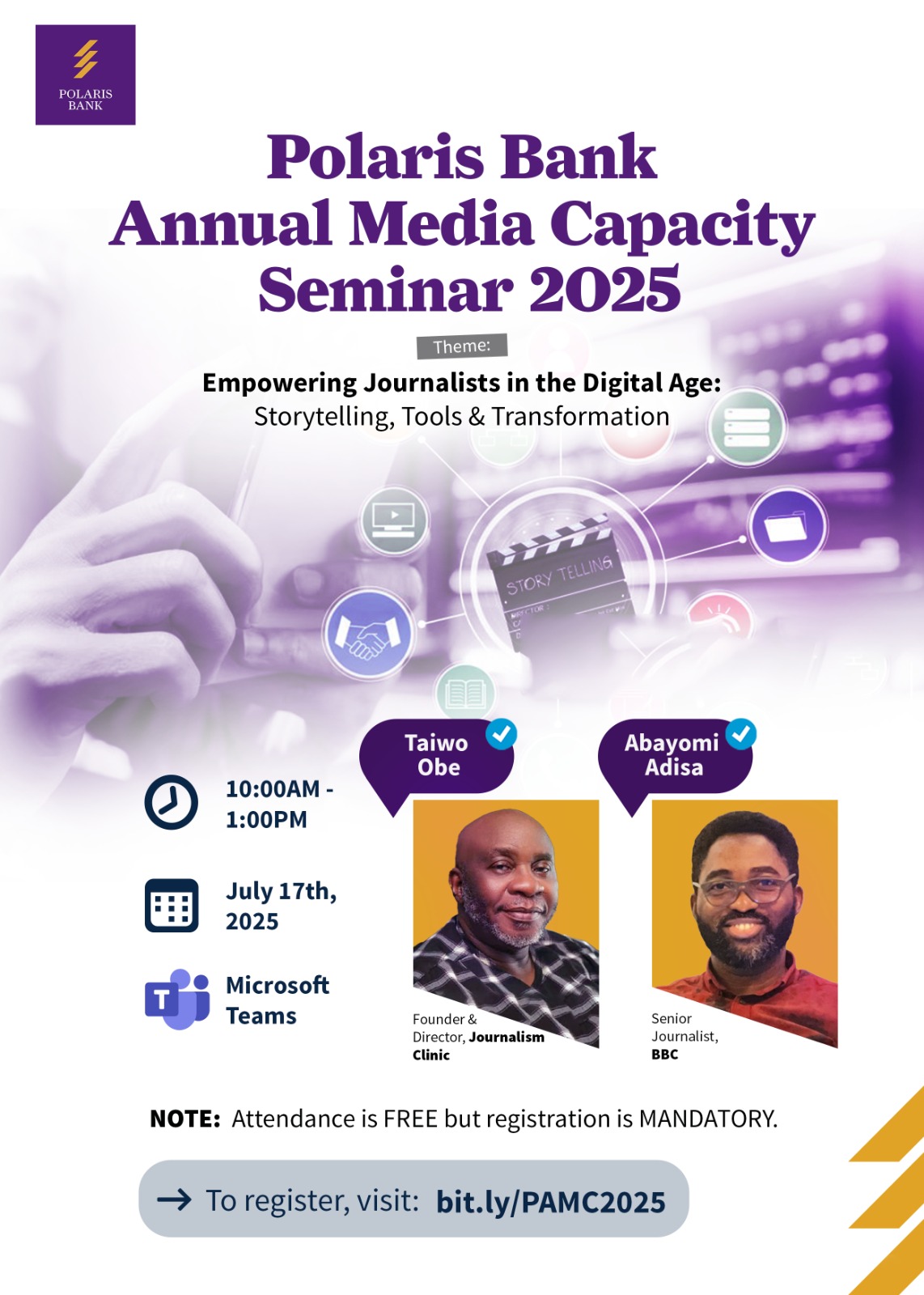
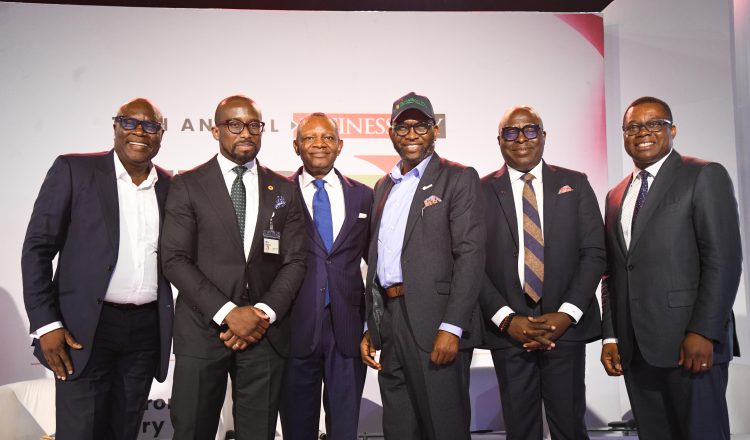
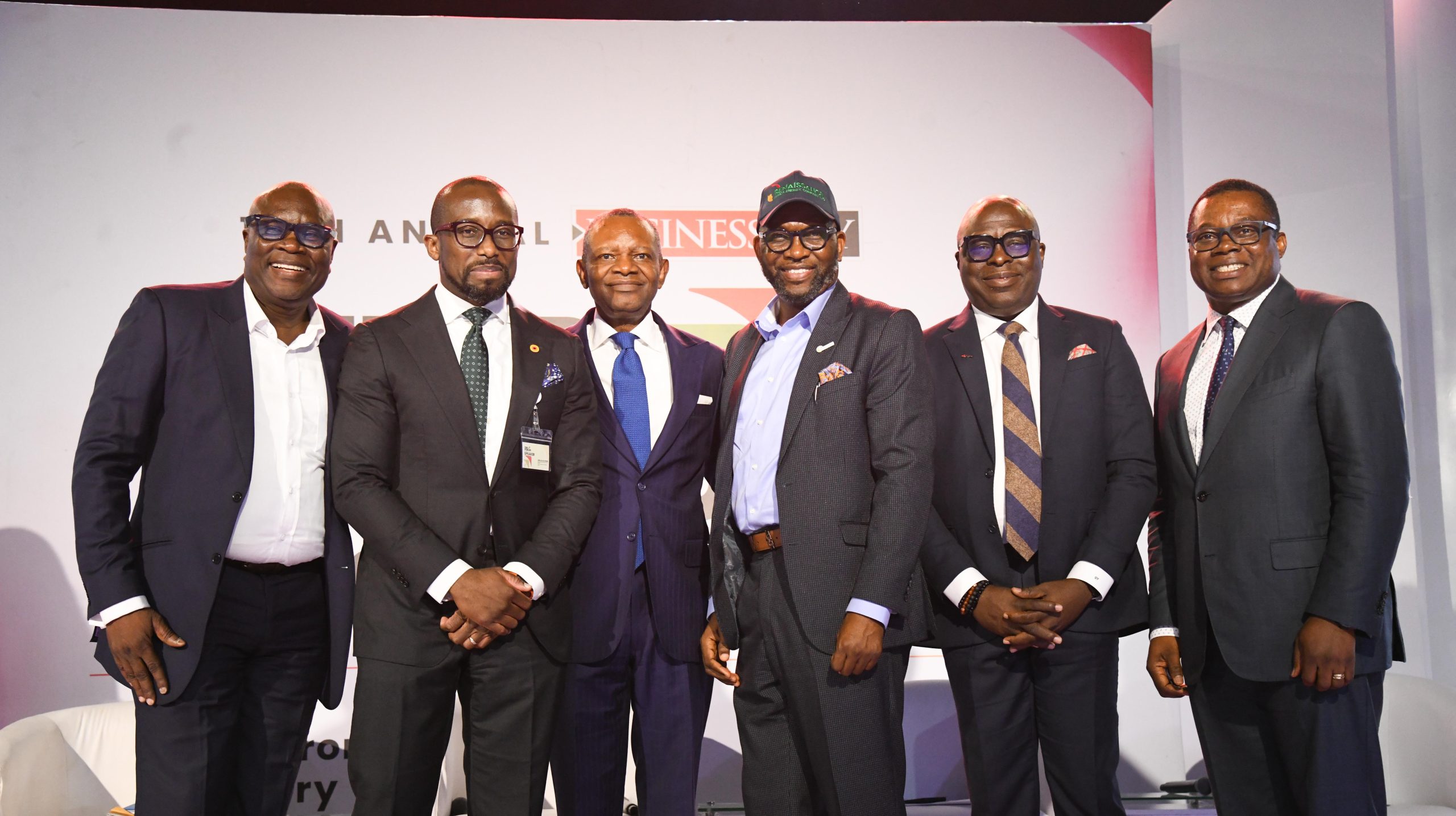
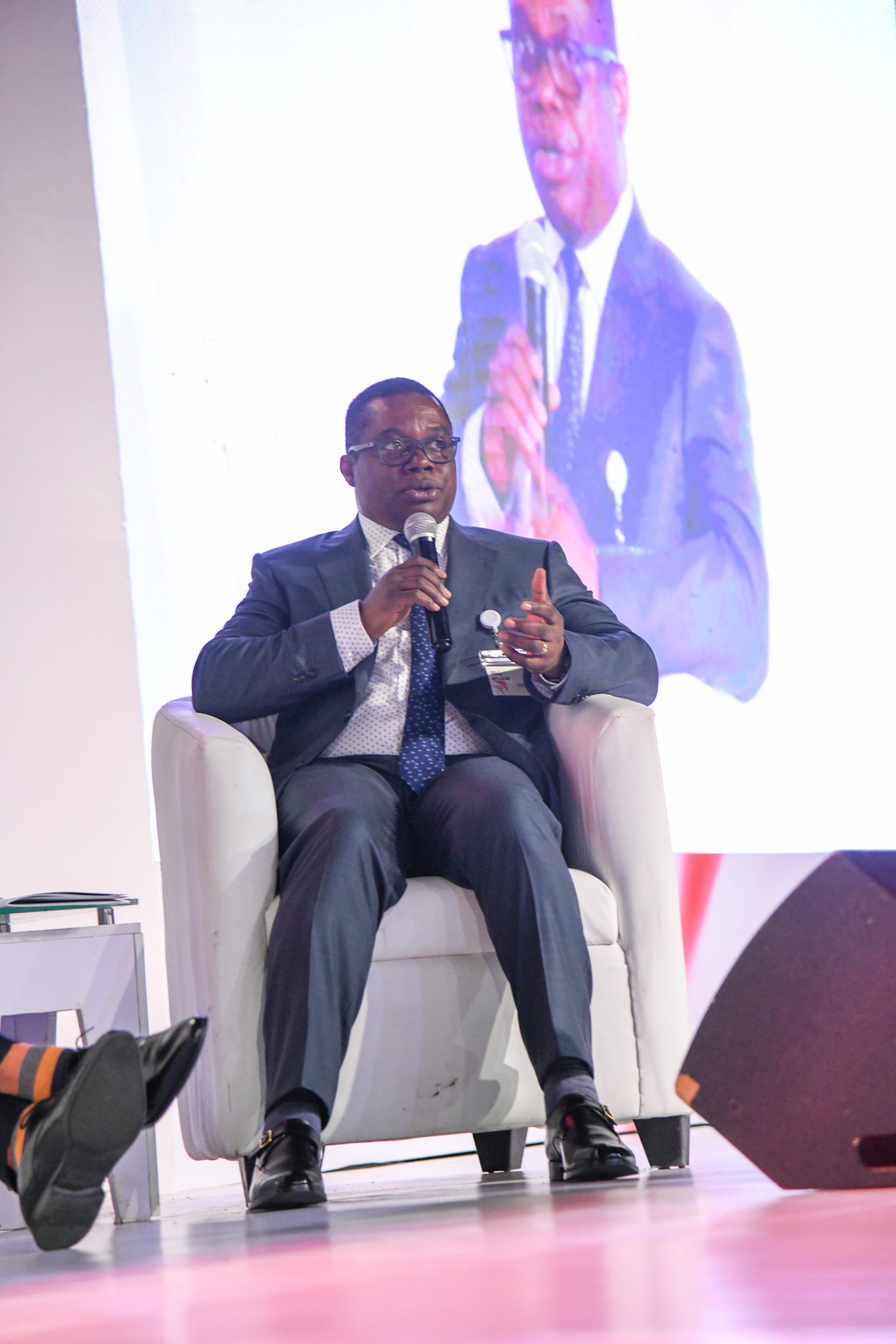
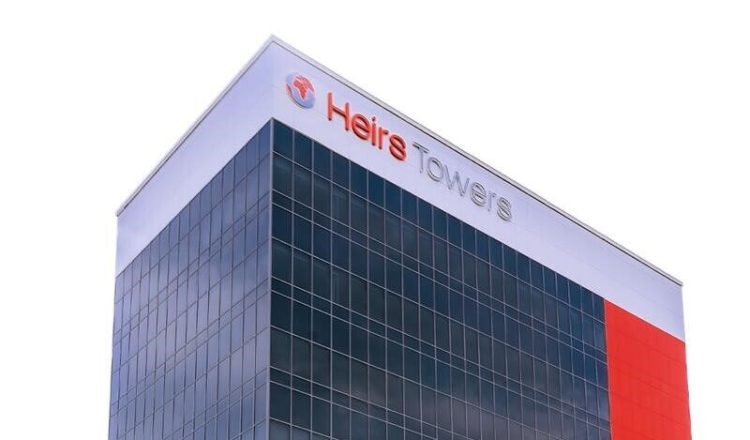
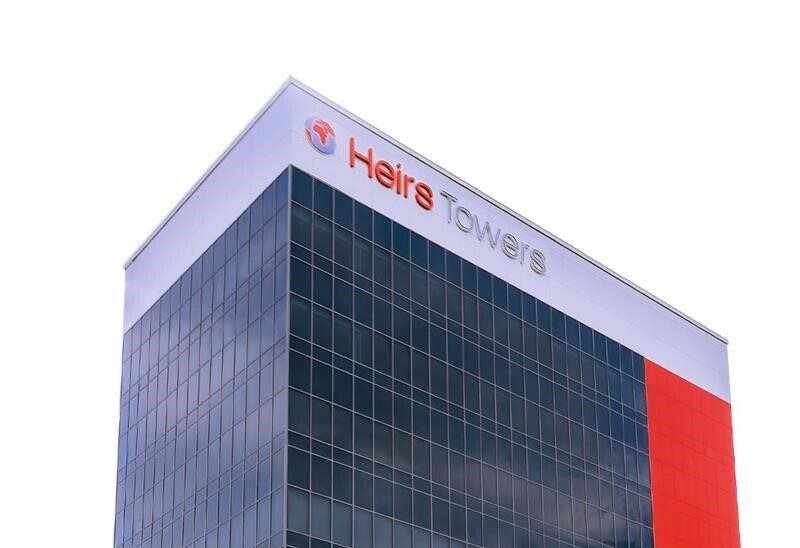
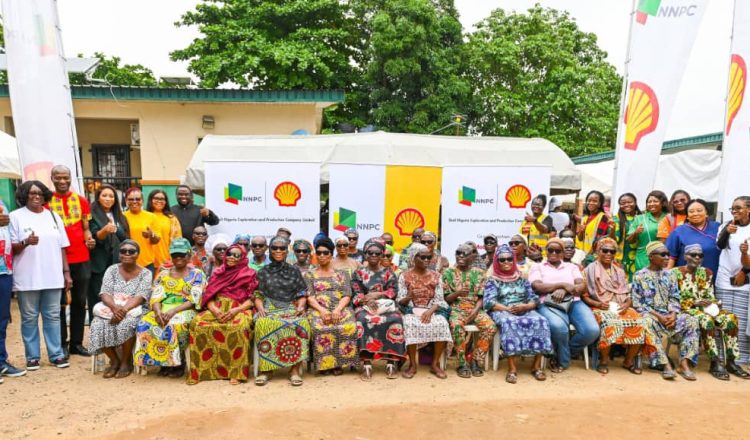


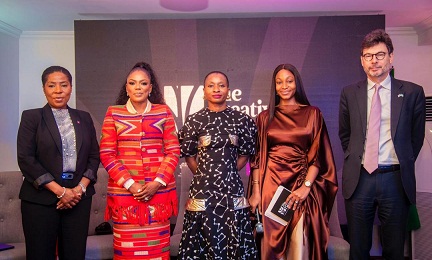
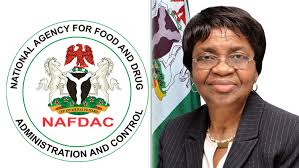







 By Winifred Bosa
By Winifred Bosa